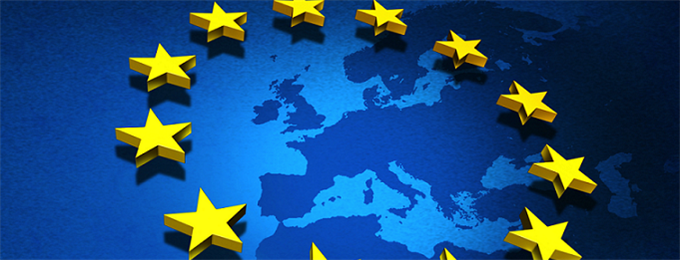The EU institutions make significant progress on the Horizon Europe, Erasmus and Digital Europe programmes.
With only little time before the European elections on 23-25 May, the European Union (EU) institutions are working hard to finalise negotiations on the next generation of knowledge programmes. Fear is that if an agreement is not reached by mid-April (last plenary meeting of the European Parliament (EP), time will not be sufficient to allow for all necessary preparations and a smooth start of the next generation of the European knowledge programmes on 1 January 2021.
As you can read in the Synopsis, progress have been significant over the past month. On Horizon Europe, the European Commission (EC), the Council of the EU and the EP have cleared many issues in the three trilogue meetings so far. The outstanding points, mainly on how to tackle the participation gaps between countries and regions in Europe and strategic planning, should be solved in the two remaining trilogue meetings in March. Also, the Council has reached a progress report on the Horizon Europe Specific Programme and an agreement on mission and partnership areas (see SwissCore article). This agreement will allow the EC to start the operational preparation leading to the adoption of the first Horizon Europe work programme in June 2020.
A significant step for the adoption of the 2021-2027 Erasmus programme has also been reached, as the CULT Committee of the EP reached an agreement on the programme on 20 February. The agreement calls for an increase of the budget to three times (€46.7 billion) the one of the current Erasmus + programme (€14.7 billion). The EP also set the focus on Vocational Education and Training (VET), adult education, school education and sport. It also emphasise the inclusion role of the programme by asking the EC and National Agencies to draft a European Inclusion Framework and develop national inclusion strategies. This clears the way for a vote on text in EP plenary of 25 March. The trilogue negotiations between EC, Council and EP will take place in autumn, during the Finnish Presidency of the Council. All this will allow the programme to start as planned on 1 January 2021.
Finally, as we report in the Synopsis (see SwissCore article), the EU institutions agreed on the Digital Europe Programme (DEP) and therefore operational preparations for DEP can already start.
Of course, the final roll out of the programmes depend on the Multiannual Financial Framework (MFF) – the EU budget over the period 2021-2027. As long as not agreement has been reached on the MFF, budgetary discussions within the programmes cannot start and therefore all preparations for implementation need to take into account potential budgetary cuts. Also, interested third countries need to wait the MFF discussions to be completed before formally engaging in discussions about association to the programmes. The 9 May informal European Council in Sibiu will be a key moment to take stock on where the negotiations on the MFF are and will define the priorities of the Future of the European Union.

